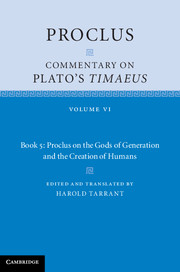An Introduction to Chinese Philosophy
This second edition of An Introduction to Chinese Philosophy presents a comprehensive introduction to key ideas and arguments in early Chinese philosophy. Written in clear, accessible language, it explores philosophical traditions including Confucianism, Daoism, Mohism, Legalism and Chinese Buddhism, and how they have shaped Chinese thought. Drawing on the key classical texts as well as up-to-date scholarship, the discussions range across ethics, metaphysics and epistemology, while also bringing out distinctive elements in Chinese philosophy that fall between the gaps in these disciplinary divisions, hence challenging some prevailing assumptions of Western philosophy. Topics include human nature, selfhood and agency; emotions and behaviour; the place of language in the world; knowledge and action; and social and political responsibility. This second edition incorporates new ideas and approaches from some recently excavated texts that change the landscape of Chinese intellectual history.
- Helps the reader to understand Chinese philosophical concepts in English and how they relate to Western philosophical concepts, explaining the limits of comparing the two
- A systematic chapter-by-chapter approach explores a variety of views and doctrines in early Chinese philosophy
- Covers reasoning strategies and argumentative methods as well as the conceptual framework
Product details
March 2017Paperback
9781107504097
374 pages
246 × 174 × 22 mm
0.69kg
Available
Table of Contents
- 1. Chinese philosophy
- 2. Confucius and the concepts ren and li
- 3. Human nature and learning in Confucian philosophy: Mencius and Xunzi
- 4. Early Mohist philosophy
- 5. Daoism and the Daodejing
- 6 The Mingjia and the later Mohists
- 7. Legalist philosophy
- 8. Zhuangzi's philosophy
- 9. The Yijing and its place in Chinese philosophy
- 10. Chinese Buddhism.







